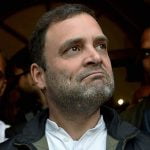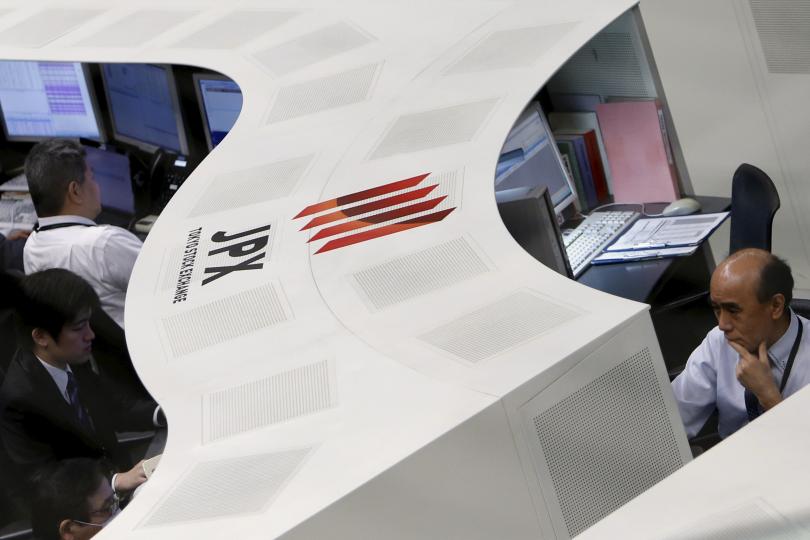Questioning Pakistan’s decades- old Kashmir policy, a former top envoy of the country has said even resolving the issue would unlikely address the challenge of terrorism, sectarian conflict or the Taliban abandoning its goal of establishing an “old Islamic order” in Afghanistan.
“Even if Kashmir is resolved how would that end sectarian terrorism, because sectarian terrorism is about killing people who do not have same religious sect as you have. How would resolving Kashmir stop the Taliban, who are aimed at creating their old Islamic order in Afghanistan,” former Pakistani ambassador to the US Husain Haqqani told a Washington audience on Friday.
“So sometimes … Making this a hyper nationalistic argument on the side of Pakistan and a very simplistic (one) that we have no choice in Pakistan’s approach in America … We want both sides to actually rethink their positions,” he said.
He said this during a discussion on a report, released by nearly a dozen top American thinktanks, that urges the Trump administration for a tougher line against Pakistan, involving both pragmatic engagement and consequences for uncooperative behaviour.
‘A New US Approach to Pakistan: Enforcing Aid Conditions without Cutting Ties’- co-authored by Lis Curtis of The Heritage Foundation and Haqqani of the Hudson Institute- stops short of recommending declaring Pakistan a ‘state sponsor of terrorism’.
Authored by a group of eminent US-based Pakistan experts, it calls for a sharper, clear-eyed US policy approach towards Pakistan.
“Pakistan needs to do a little introspection that can we continue this for ever and ever and still have credibility,” Haqqani said about Islamabad’s continued support to terrorist activities against its neighbours.
During the discussion, Haqqani was joined by Curtis and Christine Fair, a Georgetown University scholar and South Asia expert.
Fair, in her intervention, said Pakistan was “obsessed with trying to illegally occupy” other’s territory.
The discussion witnessed acrimonious scenes when a group of pro-Pakistani people, including officials from the Pakistan embassy here and journalists, tried to disrupt the event.
One of the individuals was forced to leave the venue, as he repeatedly tried to disrupt the proceedings. While leaving, the individual accused Haqqani of being a “RAW agent.
(Reopens FGN 13)
Earlier during the discussion, a senior official from the Pakistani embassy here said: “Some sweeping assumptions have been made in this report and they result in negative tenor of the recommendations. One is to think or to believe that our security concerns are in some ways a paranoia.”
“One fundamental point is that Kashmir remains the flashpoint (between India and Pakistan),” said the official, who till recently was the Deputy Chief of Mission of Pakistan in New Delhi.
“Instead of advising the (Trump) administration to not get involved in Kashmir, it should be the other way round and it is going to be the way forward,” the official said.
“There is need for skill diplomacy. And skilled diplomacy should include active US engagement in South Asia especially on Kashmir,” he said.
At one point, the official said, “As the mike is with me, so do the control.” To which Haqqani responded saying, “No you do not. As some people have learned mike can easily be taken away.”
The second Pakistani embassy official continued with the same narrative as his colleague. But Haqqani interrupted him and said it was not correct for two officials from the Pakistani embassy speaking and representing their views.
“It’s not a debate. It’s a working group report.”
Curtis said Pakistan viewing India as an existential threat no longer merit “some of the evidence that we have” seen.
“There are no army bunkers on the street in Srinagar. Security is being taken care by the Jammu and Kashmir local police. Someone whom I met as a separatist leader 15 years ago is now a minister in the J&K Government. So, I think there is increased participation in the political process,” said Curtis, who just returned from a four-day visit to Kashmir.
“From the younger generation, you get a sense of wanting to move on, thinking about jobs and how they can improve their live,” Curtis said and told the officials that Pakistan cannot force a third party mediation on Kashmir.
“It does not happen. Pakistan needs to accept that reality. It would be very useful if India and Pakistan get back to the environment that we saw from 2004 to 2007. During that period, infiltration came down, we saw the then President Musharraf making forward looking proposals,” Curtis said.
[Source:-BS]



